(Written by Neil Jordan)
I've decided that recapping the entire episode, beat-by-beat and scene-by-scene is a bit too long a process. Instead, I'll give a two-to-three paragraph summary of the main events of the show, and then launch into my main beef with the episode.
So here is the rundown of the episode. Micheletto Corella, the assassin from the last episode, roundly turns on his Orsini employers and murders his fellow assassins. He is re-imagined here as a lower-class, no-nonsense killing machine, a counterpart to Jerome Flynn's portrayal of the same sort of character, Bronn in the contemporaneous show Game of Thrones. The historical Micheletto was likely raised from childhood with Cesare, and was Valencian, not Italian. What the show does get right though, is that he is a proxy for Cesare's murderous will in the show and is little liked.
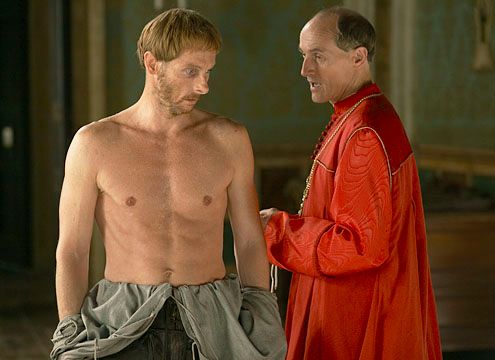
Anyway, this reversal of fortune on the della Rovere/Orsini alliance is taken in good stride. Cesare schemes to use Micheletto to infiltrate della Rovere's household. This is the main thrust of the episode--the Borgia counter-offensive against della Rovere's initial attack, culminating with them fingering the cardinal for murder.
(I refer you to Ada Palmer's work on historicity in fiction, and why nobody, historically, would be shocked by the murder of a servant in this time-period, let alone enough to flee the city over it.)
The episode is a complicated mess of framing della Rovere for the murder of a woman in his own bed (?!) which will somehow disgrace him and clear the way for Alexander VI to assert his papal powers. There are a bunch of sub-plots--Giulia Farnese and Vanozza begin their feud in earnest, Juan swaggers about being insufferable, but the main tension is spent trying to get della Rovere out of Rome.
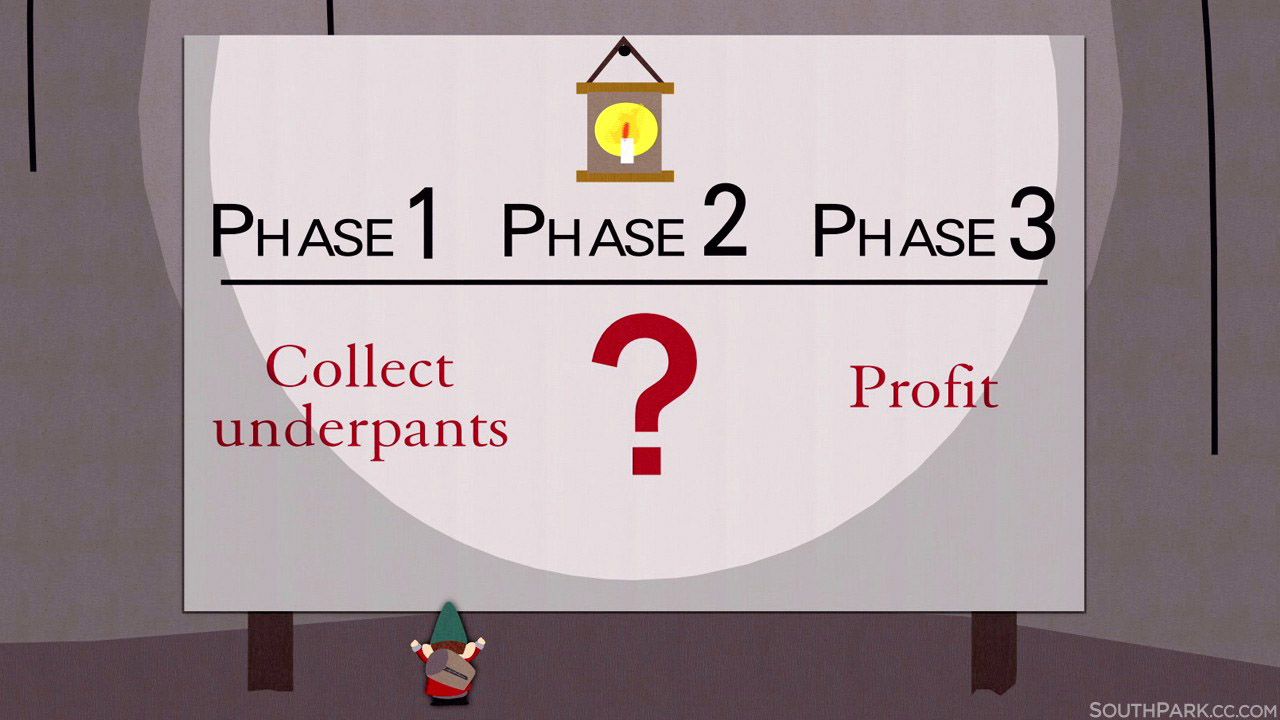
Here's the main question we'll be answering in this blog: Why did Giuliano della Rovere flee Rome in January of 1493 for Ostia--and from there to France in April of that same year?
Let us focus on the historical flight of della Rovere. It was a much better story involving a bad real estate deal, suspicions, and switching sides by everyone. We'll begin with Rodrigo Borgia becoming pope.
August 1492: Rodrigo Borgia makes a deal with Ascanio Sforza, the main representative of Milan in the Papal College, to gain his support for the papacy. Combined with truly massive bribes to both him and the Orsini family, this gives Rodrigo Borgia--now pope Alexander VI--a formidable power base against southern Italy. So, the opening triple alliance is the Borgia family, supported by the Milanese Sforza family and the majority of the Roman Orsini.
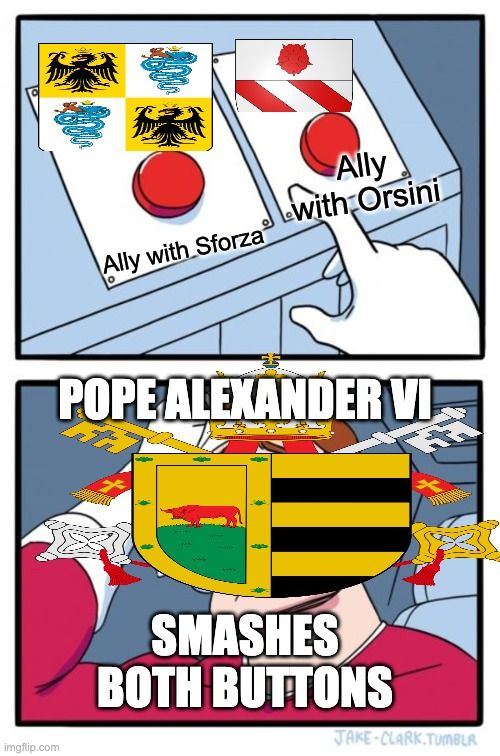
January 1493: Virginio Orsini, who had canvassed heavily for della Rovere during the papal conclave, tries to buy some cheap real estate and finally tries to get the papers signed making it official with della Rovere as a witness. More specifically, Virginio Orsini wanted to buy property in the north of Rome from the Medici family, who was eager to sell. This had already been in the works before in the months before the 1492 conclave, with della Rovere acting in a minor way as a broker and witness between Virginio Orsini and the Medici.
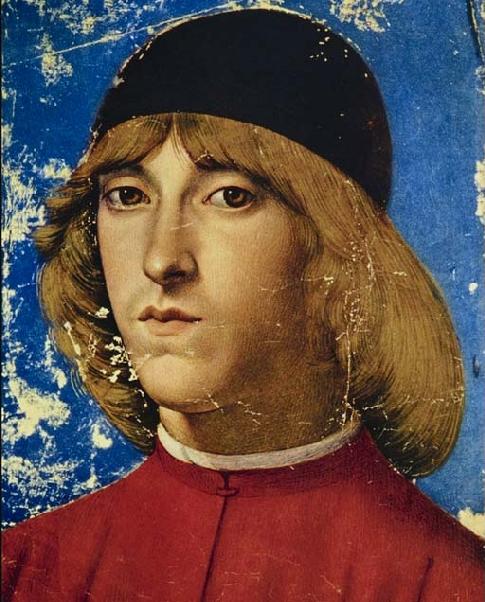
Piero D’Medici, to be precise, with Lorenzo the Magnificent gone on to his eternal reward. Piero d’Medici has precious few fans among historians, and he wasn’t popular in his own time either, for reasons that will become obvious in later blogs.
Goddamn Medici. You can’t throw a stone in Renaissance history without hitting one.
Anyway, digression aside.
But what is now true, is that Alexander VI is pope. And by his side is that snake, Ascanio Sforza, who is nervous at the idea of one of king Ferrante of Naples's chums getting lands so near Rome. Alexander is likely uneasy as well, given the Ascanio is his chancellor and knows its unlikely Ferrante has the warm fuzzies about his rise to the papacy.
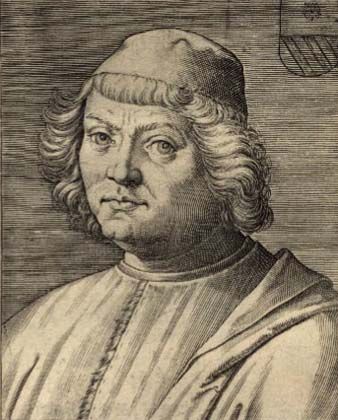
This seemingly meaningless land-deal has some pretty severe consequences, both in the short and long term, especially for Giuliano della Rovere, Virginio's one-time enemy turned backer.
della Rovere, as you will recall, had taken the position in the papal conclave of advocating for a papal candidate friendly to king Ferrante of Naples. Ferrante gave him a boatload of money to make cardinals see it his way—it didn’t work, as I got into in some detail on an earlier blog.
Considering his temper and reputation for dramatic vengeance over the slightest of slights, Ferrante of Naples took his defeat of his interests at the papal conclave rather well, considering. He reconciled himself to the fact that Milan had won the opening rounds of a larger conflict and resolved to get what he could through diplomacy. A visual of Italy at this time might help you understand why pope Alexander and Ascanio Sforza would be so squirrelly about the Orsini getting more land near Rome. Look at the location of one of the town Orsini wants--its basically a suburb of Rome.
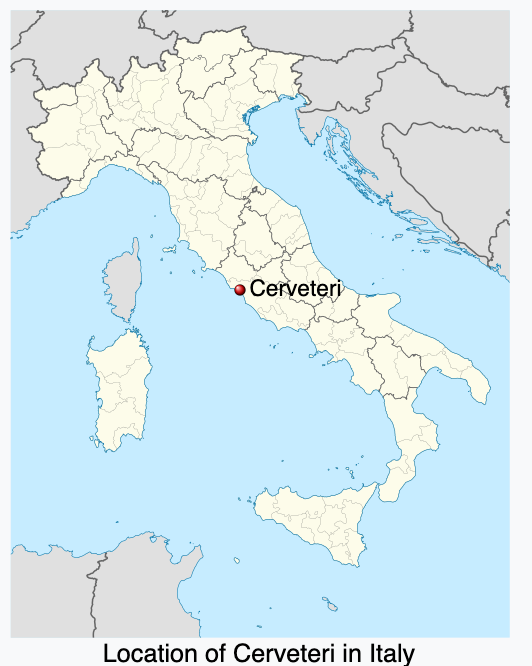
Big deal you might say.
It is. Now if we hop in our time machine and look at the borders of Italy at the outbreak of the Franco-Italian wars...
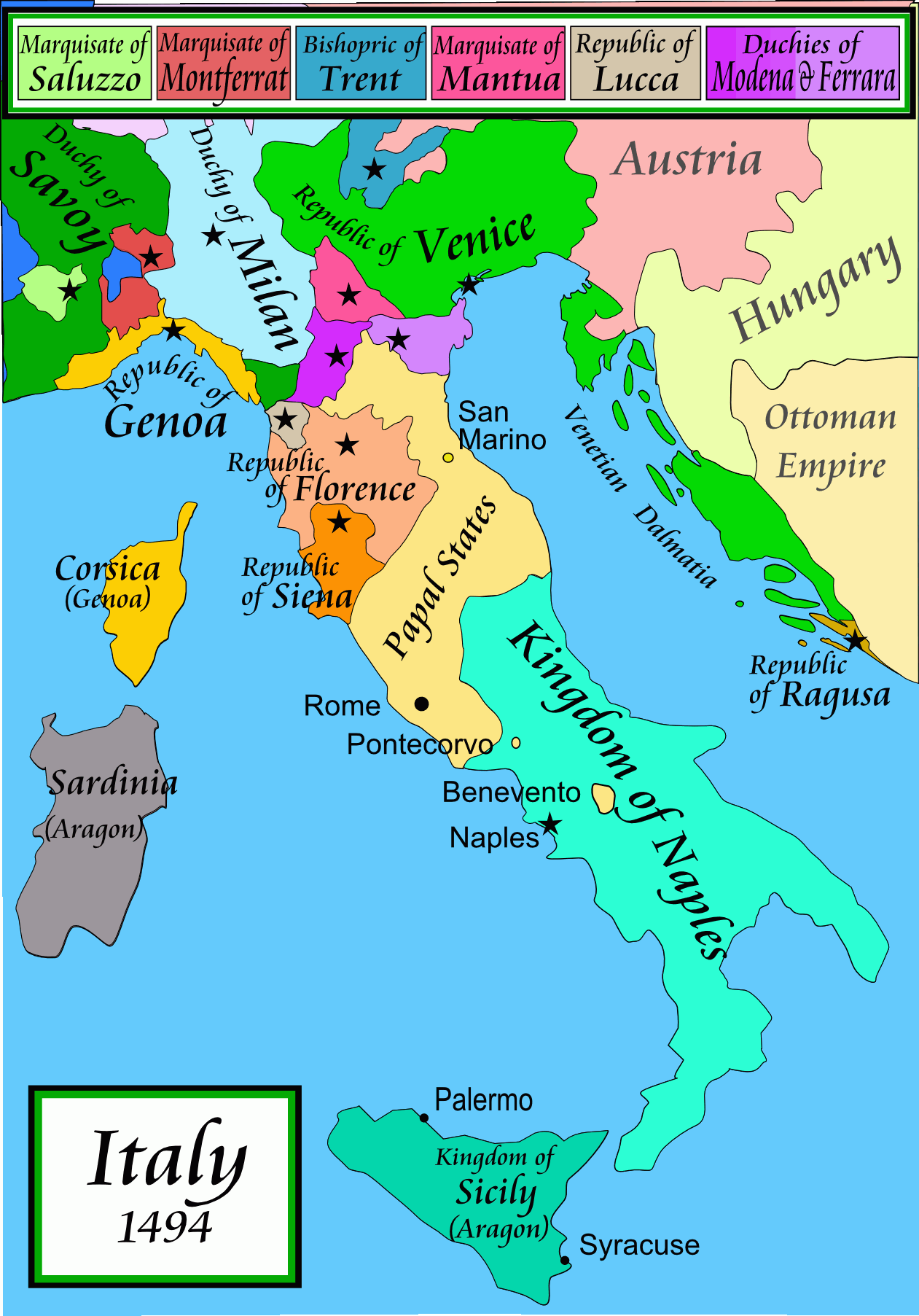
Remember, this isn’t exactly paranoia on the part of the papacy—the Orsini had been known to favor Ferrante of Naples cause before, and had even sieged Rome during a previous papacy (this was the memorable time where Virginio Orsini threatened to parade della Rovere’s head on a pike).
And now Ferrante, through the Orsini, wants to gain land near Rome. And della Rovere was helping out, mainly because he wanted these lands (Cerveteri and Anguillara) in non-Sforza hands. They try to formalize the deal in January of 1493—6 months after the papal conclave. Nope. Doesn’t go through. Pope doesn’t like it, so it goes nowhere.
This puts della Rovere in a terrible position, as the Sforzas and Borgias are focused in on his involvement in this deal like a hawk as evidence of trying to undermine them, and thus, take action against him. Possibly terminal type-action. Pope Alexander VI is furious and demands that della Rovere surrender his fortresses at Ostia and Grottaferrara. della Rovere responds that of course everything he has, his energy, coin and lands, is already the popes and that he is happy to obey.
He undercuts that bit of boilerplate platitude by immediately fleeing for Ostia, claiming not to feel safe in Rome.
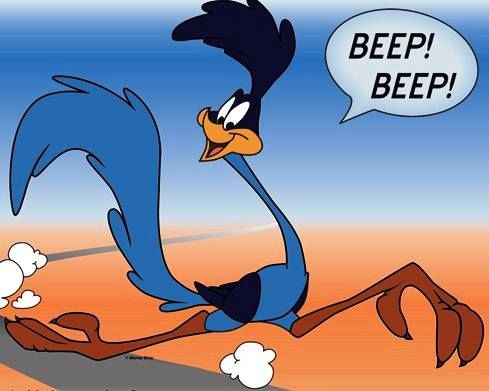
Giuliano della Rovere was absolutely correct about not being safe in Rome.
Pope Alexander was livid about della Rovere’s flight—most probably because della Rovere didn’t spend twenty years in papal politics without developing a very good sense of when his life were being threatened. Pope Alexander tries to play all this off as a misunderstanding.
For a brief shining moment, Pope Alexander VI must have hoped that with della Rovere fled, the problems facing his papacy would lessen, that Virginio Orsini or Ferrante might reconsider. Maybe this will disgrace della Rovere’s reputation among the college of cardinals.
No such luck.
There is a significant faction of cardinals in Rome who rather like bluff, blunt, open-handed della Rovere, or for that matter, dislike Pope Alexander VI—and these cardinals, as Christine Shaw notes in her biography of della Rovere, make him a force in Rome even when absent. These selfsame cardinals also act as a check on the new pope’s power that Alexander VI couldn’t do exactly whatever he wants.
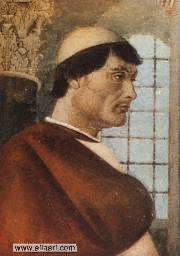
Pope Alexander VI made one of his rare mistakes—and he was about to make another. He tried to play off della Rovere’s fleeing Rome as a big ol’ misunderstanding between friends. The pope sends letter after letter to della Rovere, begging him to come back. The general tone of the correspondence between della Rovere and pope Alexander may be summarized in the following dialogue, paraphrased of course:
Pope Alexander: della Rovere, this is all a misunderstanding. Please, please come back to Rome. I promise everything will be fine.
della Rovere: I don't know. You looked like you were measuring me for my coffin over the Orsini boy's buying land north of Rome.
Pope Alexander: Oh, that. That's no big deal. I've practically already forgotten about it. Why don't you come on back to Rome, let bygones be bygones? I promise you will be safe--pinky-swear. I need you here.
della Rovere (cautiously): Yeah, alright.
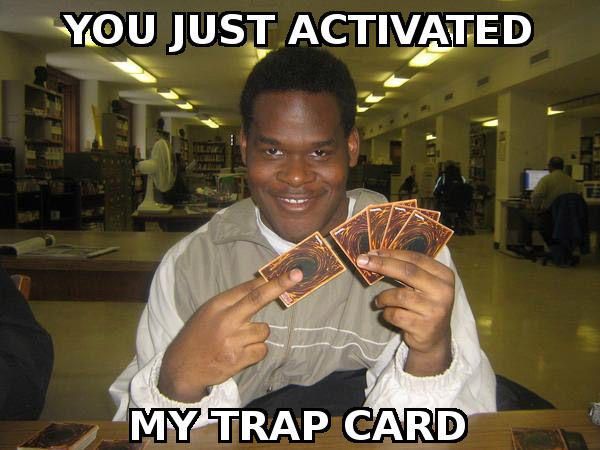
della Rovere seemed to buy pope Alexander's promises of safe passage. He makes a big show of preparing to leave Ostia to return to Rome. He gives a specific date, even a time where he should be arriving in Rome.
The date of della Rovere's return came. Alexander VI has guards posted at the gates of Rome. At the hour that della Rovere was set to arrive, a squadron of papal cavalry arrive at the (empty) della Rovere residence, armed and ready to take the cardinal to the Castel Sant Angelo. Which has lovely crenellations, cannons, and legendary dungeons. Pope Alexander VI couldn't have been more obvious in his intentions to arrest and imprison della Rovere if he tried.
Just one problem.
Giuliano della Rovere didn't put one toe outside of Ostia--he didn't go to Rome in the first place. Oh sure, he made obvious preparations and gave every impression that he was going to return to Rome, but he was going nowhere.
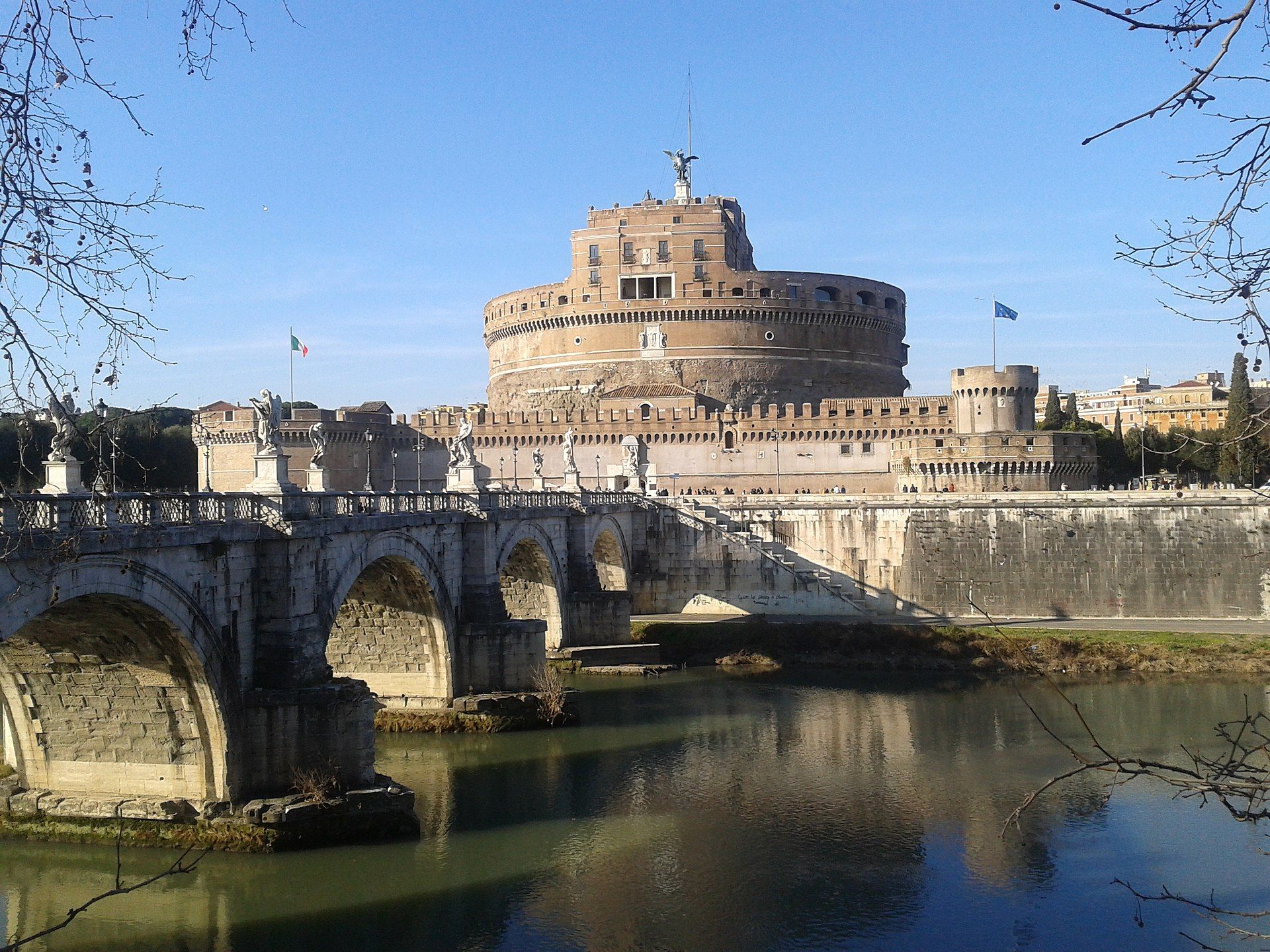
della Rovere now had incontrovertible proof that Alexander VI wants him dead or imprisoned. His worst fears have just been confirmed, all his instincts were bang-on. Pope Alexander VI had just completely miscalculated, and done so in public.
Alexander VI doesn't show any shame, and tried to explain away that obvious trap for his rival as yet another misunderstanding. della Rovere prevaricates and delays, makes excuses--but one thing he absolutely doesn't do is go anywhere near Rome. Meanwhile, Ferrante of Naples and Virginio Orsini start negotiating with the pope for the land that started this whole mess, since della Rovere is out of the picture for now.
Alexander VI does take advantage of della Rovere's absence to force through 13 (!) new cardinals who either were Borgias or owed them big-time, through, along with lands and titles. According to Christine Shaw, when della Rovere heard about this by no means uncommon but upsetting development he was out dicing--a frequent occupation for cardinals--and excused himself to swear a blue streak and punch the walls in private. But he didn't go back to Rome.
Even when King Ferrante of Naples offered to guarantee della Rovere's safety, the Ligurian wouldn't budge from Ostia. Nothing would convince him that Rodrigo Borgia didn't mean him ill.
By April 1493—a whopping 8 months after the installment of Rodrigo Borgia as pope, della Rovere flees Ostia for France. He’s well known there, even well-regarded. He leaves his properties and interests with a relative—so Borgia can’t seize them—and he’s off to go make trouble for the man who tried to have him killed. He has the ear of the king of France, Charles the Affable--and makes good use of it, as we shall soon see.
Some hard bargaining with King Ferrante and Virginio Orsini later—about five months after della Rovere fled for France—Virginio Orsini gets his lands, a year after the initial paperwork had been drawn up.
But by then, everyone had much bigger problems to worry about.
(The Franco-Italian wars. I'm talking about the Franco-Italian wars).
Missed opportunities: A consistent theme and we're only two episodes into this show.
Instead of a fridged woman character as the reason for della Rovere's flight from Rome and then Italy, why not go with the truth? The game that the new pope and his eventual successor played historically has it all--feuding factions, tensions, blatant lies put in the most appealing way possible, and all through the written word.
While this would be difficult to adapt this multi-month train-wreck into a tv-show, it is by no means impossible. Shows like Sherlock show us that the processing of strictly visual information--like the contents of a letter, for example, can be presented in interesting ways that engage the audiences.
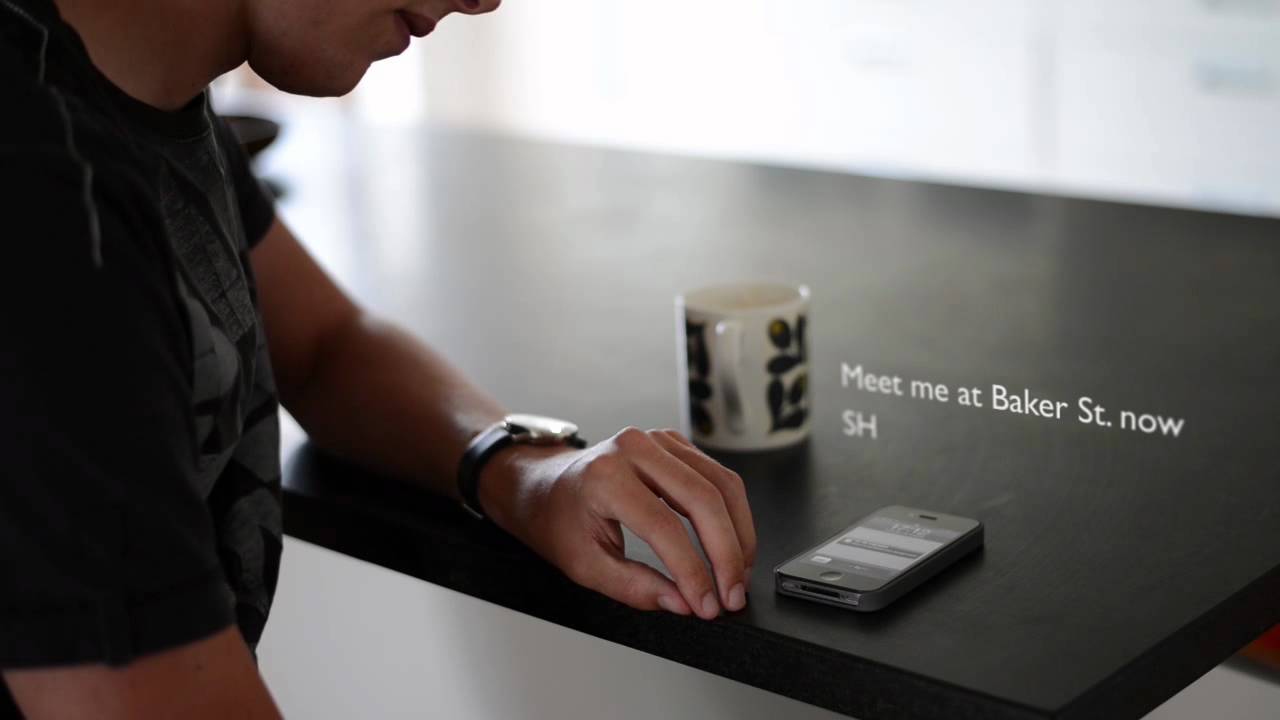
I think that della Rovere's flight from Rome in fear for his life could be done in an episode, and the long-distance chess-match between him and the pope should take at least three episodes, if not the whole first season if one was feeling ambitious and didn't mind a slower paced show. Remember, this could be used as a way to further immerse the audience in the world of the Renaissance.
Communication wasn't swift or certain--the letters between della Rovere and Borgia would take days, if not weeks to reach each other, and delivery isn't guaranteed. Each of the players is thinking as many steps ahead as possible, trying to anticipate the other and cope with the uncertainty of life, and his foes position and probable counter-moves. Rodrigo has to consolidate his power base while trying to convince a dangerous foe to return to Rome, to in effect deliver himself into papal hands. It's a kind of seduction, in a way.
It's not thrilling work, setting up the letter chains--and expository dialogues that would be needed to give the conflict weight and meaning in the greater story--but dedicating show time to it would increase both historicity and audience investment in the story.
You could have a scene like this, on the day that della Rovere claimed to be returning to Rome, after episodes of back-and-forth letters:
Pope Alexander VI (looking out over Rome from a balcony): One problem, soon to be solved.
Today's the day della Rovere is due to return.Quick cut to a line of cavalrymen, maybe even led by Cesare Borgia sweeping up around the Castel Sant Angelo, looking in vain for della Rovere's entourage and the rogue cardinal himself, searching his property in Rome, all fruitlessly.
Cut to a messenger running up to Pope Alexander VI.
Messenger: He's not here. Cardinal della Rovere is not in Rome.
The audience can see the confidence drain from the pope's face. A moment ago he was sure he had triumphed using guile and empty promises--only to find himself robbed. The audience can see the first flickers of doubt, true uncertainty, showing behind those eyes. Cesare follows the messenger to his father, followed by Ascanio Sforza.
Cesare: He's not here. della Rovere.
Alexander VI: No. And (pauses, because it hurts him to admit it, and one of his more secret schemes has just failed, very publicly) he never intended to be. He wasn't fooled in the slightest.
A long pause.
Alexander VI: It's going to be a lot harder than I thought to pull the wool over della Rovere's eyes. But I will.
Quiet music, zoom in on Alexander's restless eyes, ever-calculating, always moving, and end the scene.
Or something to that effect.
This scene also, assuming the show picks up during the papal conclave of 1492, would be the first time we see Rodrigo Borgia fail, let alone fail publicly. Coming off the high of his ascent to the papacy, he would so far in the show seem to be the magnificent bastard to beat. He threw together a winning coalition to advance his interests and that of his family. Alexander VI is riding high and seems to be able to do no wrong.
So when he miscalculates, he does so in a spectacular manner.
The failure to capture della Rovere humanizes the otherwise supernaturally manipulative Alexander VI--and it also establishes as della Rovere as a power to be reckoned with. So far, only he of the characters we've met, hasn't fallen for Rodrigo's honeyed promises--and it gives him the motivation to flee to France and try to have Rodrigo deposed--this failed attempt on his life/liberty.
Things are just getting interesting, and by interesting I mean 'escalating from papal politics to a war that would change Italy forever'. You know how it goes.
Want to know when I post and get a head start? Consider subscribing! Or don't! Either way, you made it to the end, and isn't that worth celebrating?